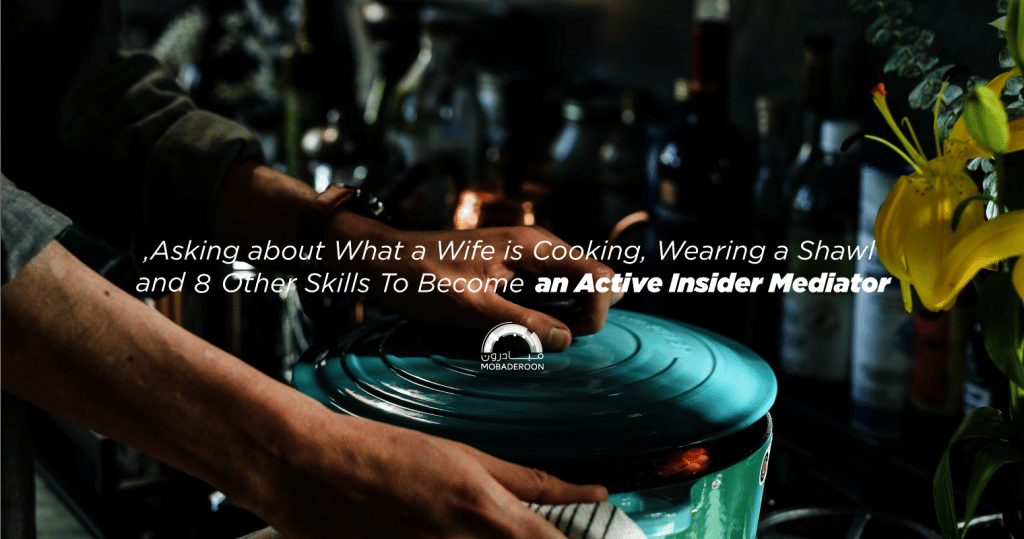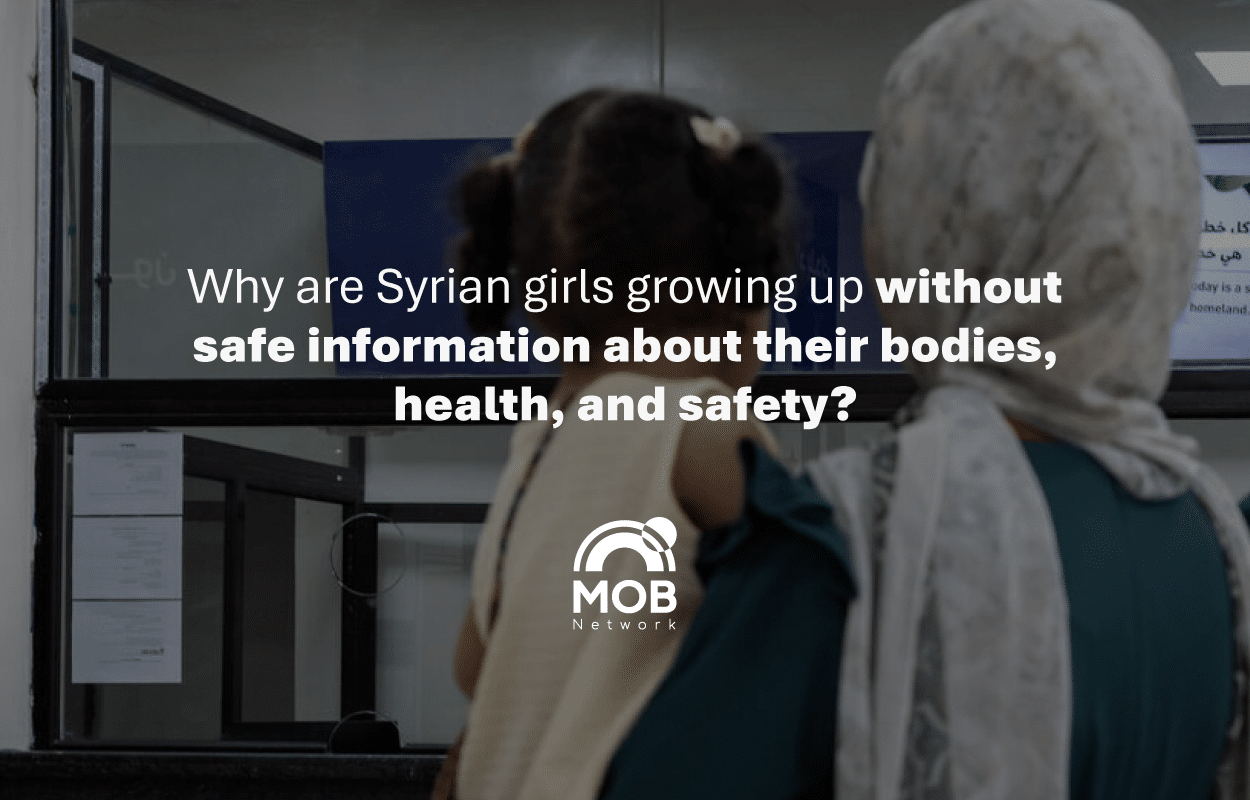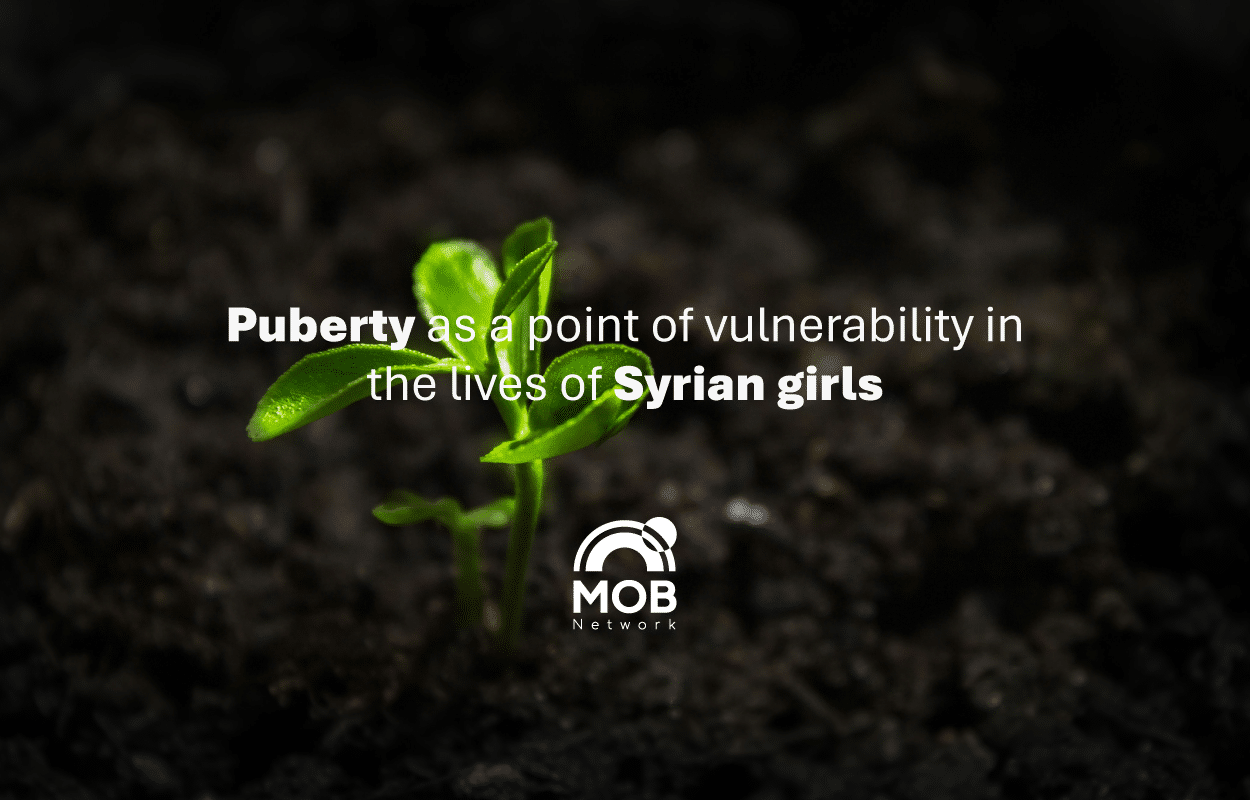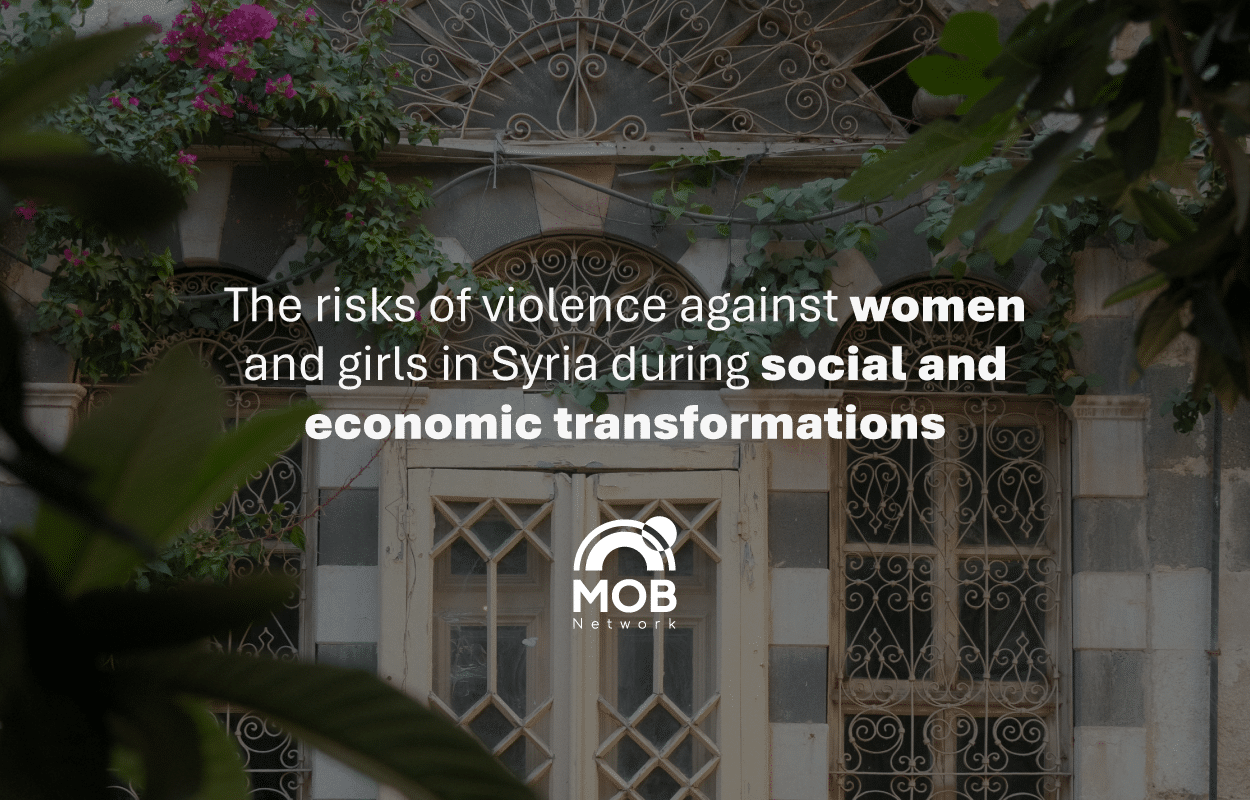We always hear of community individuals called “insider mediators”, who can play an interfering role in conflicts, who are socially accepted as such, whom are heard out by conflict parties. They often take the initiative in turning the tide in conflicts or resolving them, and they are keen on understanding their communities and ongoing conflicts while developing contact and relationships with and among parties.
Our imagination usually paints these mediators as going into the fray, taking a seat amongst the many, and commanding order with power and money with a voice that is always heard over the highest of noises!
These presumptions push most of us away from trying to help resolve family or community conflicts, or even a tiny dispute in the neighborhood, while the truth is that any person can become an insider mediator should s/he work on some soft and social skills.
The Distinguishment of Insider Moderators
Take a second to think and know that this role is highly sensitive and complicated, and is not risk-free!
However, there is no mandate of having a higher-education degree in International Law, or a global committee membership to become a mediator, without ignoring the benefits of these two examples that are not quite enough!
The main characteristic of being an insider mediator is living through the conflict; being a family member can be a factor in being the one who most fathoms the sides’ perspectives, so does residing in a neighborhood or a city help pass the language barrier or the need for summaries or briefs to get a solid starting point.
So, how does asking a wife about the meal for supper or wearing a different shawl help anyone become an active insider mediator?
Fundamental skills used by local mediators in complex and hard parties

Here are basic skills used by local mediators in complex conflict cases. These mediators are quite ordinary, but the extraordinary part is their dedication and development of these skills to improve the situation(s) for their communities in conflicts.
Bias & Prejudice Management
In the literature, insider mediators are sometimes characterized as biased, a point of weakness in comparison to external ones (Welton, 1987); But not all biases are necessarily equal or harmful, for they are part of the conflict, with personal, familial, economic, or political connections with one or more parties.
As a mediator, you should give equal amounts of time for all parties, and balance their seating arrangements, the way you greet them, and the way you manage the discussion, while paying attention to the use of appropriate terminology.
You should also be wary of bias in results, of standing at the same distance from all parties when articulating or fixating the agreement, lest the mediation fall apart.
You must separate the person from the behavior, to become aware of your bias and composed in your actions.
Developing a deep knowledge of the conflict, while maintaining close relationships with its parties
You can always acquaint yourself with some conflict, read many reports, memoirs, and history and economics, or watch the news. Still, this knowledge will not be enough, the skill lies in building close relationships with conflict parties to change attitudes and commence communication.
For instance, to know that your brother usually listens to your little sister represents a chance of asking her to convince him to talk with your father about familial conflict. However, if your relationship with your sister be weak, you should work on it to open up this chance in the process of mediation.
Insider Mediator have multi roles
You can host a meeting for the parties, facilitate it, regulate the communication efforts, and train them on peaceful expression. Do not hold on to titles; one could be a cook who invites his/her friends to a feast that reconnects them. All that you do to support conflicting parties in negotiations represents a role of the insider mediator.
A mediator knows well how to build trust among adversaries
Pave the way for the mediation process by starting with measuring the seriousness of conflicting parties and knowing their capabilities, and, then, beginning with coordinated sequenced moves that provide you with trust and good reputation.
Hone the talent of stringing the pieces together without risk of them getting cut off
Make an effort to always be there, and creating a circle of communication for all entities that would like to be involved for positive impact on the conflict.
In most cases, you would not be the only actor, but it is good to have someone coordinating the efforts of all activists until the occurrence of a decisive moment.
Bring the conflicting parties back to their humanity
Mediators believe in the capability of people to change their behavior, even the violent parts. Violent behavior will not change by or condonement or judgement of the actor, nor is it the task of the mediator.
A person committing an act of violence is first and foremost a human who needs the chance to be reminded of her/his humanity, of the opportunities, of the emotional, economic and psychological cases upon the cease of violence.
Stella Sabiiti used this approach in Uganda; by asking a plain question one who has committed an act of violence can be restored to humanity; a question like “What has your wife cooked for you last night?” could change the emotional state of this person out of the aura of violence which is as harmful to this person as it is to the victims, and could present the chance to start anew, to speak out.
“The bottom line is that the human person is a wonderful creature, we do bad things, but still, we are good. So, how to separate the bad things we do from the person we are, is the key challenge of mediation”
Stella Sabiiti Tweet
Creating new spaces for learning new skills
The process of learning can proceed with getting acquainted with and building on the knowledge and experiences of others. Those involved in the conflict have conflict have better relevant knowledge, but may lack the appropriate language of expression.
Analysis & Correlation Skill
A mediator innovates the means to lessen the agony of conflict, and provide the environment to learn new things in a fun atmosphere to mitigate the effects of difficult situations in conflict.
Having patience, and understanding silence
Do not hasten the results, for mediators play a key role in all the stages of the process. Hence, you must have the patience in at the start, understand the silence of some so they can listen to one another.
Should the mediator interpret silence as negligence could lead to the ruin of trust.
Change of Hats and Shawls in Mediation
Perceive with newness and innovation that are in line with the context and the vision. Do not hold on to a title or a certain role that does not serve the process. If your withdrawal is better for the mediation, you should do it.
Open a space for other mediators from another party, for you may need to change your role for reasons of clarification or elimination of suspicions.
Thus have done Dekha Ibrahim Abdi in Wagir, Kenya. She mediated for local communities, and once, a representative of a party was had been severely ill and had been unable to attend the session, and thus asked Dekha to take her place in the negotiations.
Dekha overcame her confusion and the choice between being accused of prejudice if she took the roles of mediation and representation at the same time, or offending the ill woman and losing her trust on the other hand. Nevertheless, she came up with a third option for differentiating her roles.
While speaking as a mediator, she wore a regular shawl, and changed it whilst speaking in the place of the ill woman. Hence, she cultivated the trust of the parties because of this clarification and saved the operation.
Building a Mediation System, and Empowering other Meditators
Dekha remembers her involvement in mediation because of comment made by her mother: “I was under the bed with you when you were a child. How can I be under the bed with your daughter? When will this violence end?”
In 1992, she, and other women and men started mediating among groups of women fighting over rations in the Wagir market, and evolving from there to tribe mediations and lessening the extents of conflict in Kenya, Somalia, and Ethiopia.
Dekha empowered other mediators, and founded a network of mediators, both male and female, of tradespersons, merchants, and conventional leaders.
Empower and develop the skills of others to make a network of safety and early warning to keep the conflict at bay; think of sustainability.
Finally, to be an active mediator, believe that you can start and take the initiative in social peacebuilding. Do not wait to acquire all the previous skills, for no one really does.
It is better to just start, to have the collaborative efforts of all mediators to reach a peaceful society that deals in a better way with conflicts.
Author: Mohammad Khier Al Tinawi
lawyer and social activist
About Mediation also:
Selected Tools for a Successful Mediation
Mediation the Art of knowing the wishes of Conflict Parties
How the mediator designs the process to go from “No” to “Yes”





